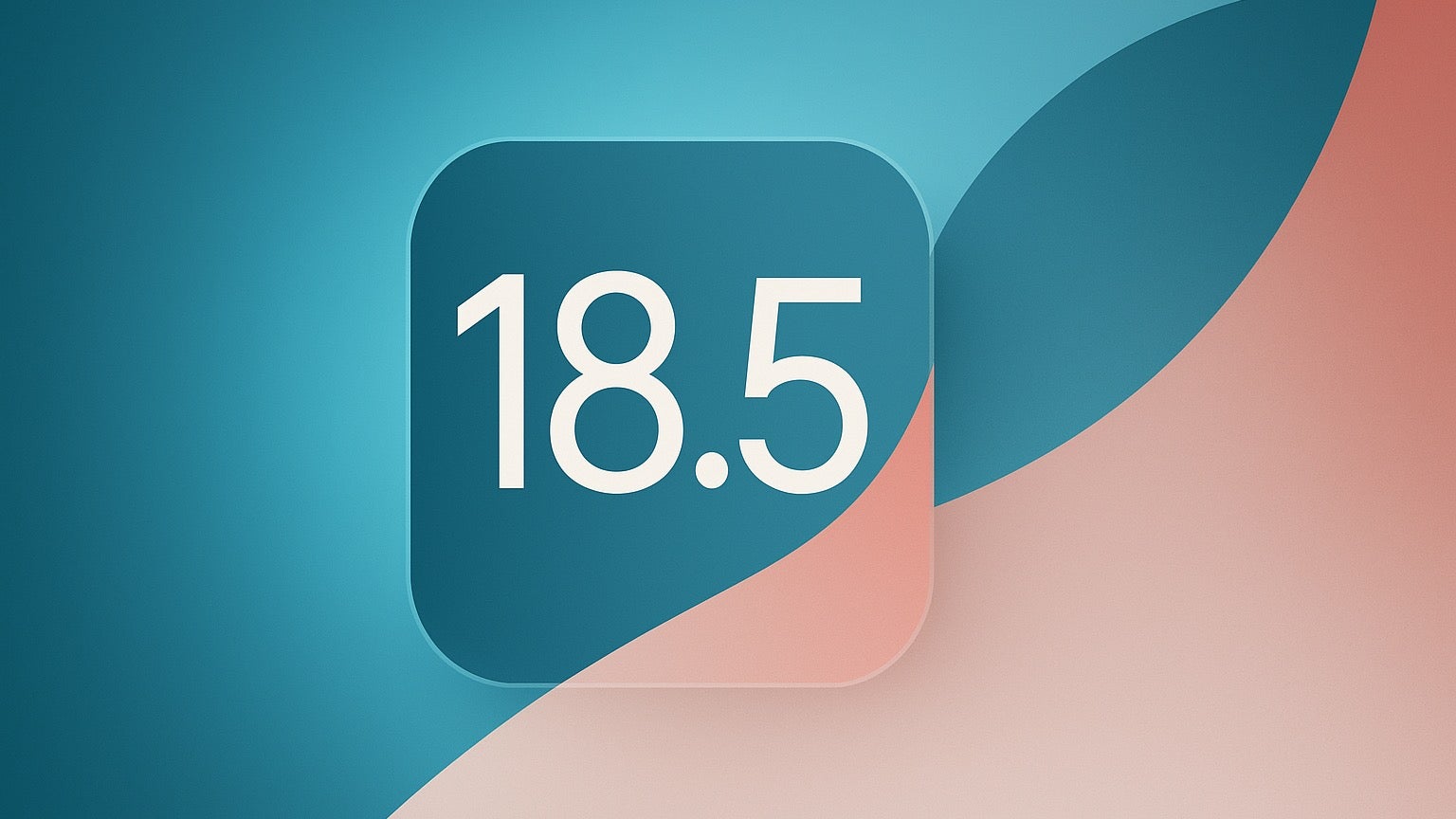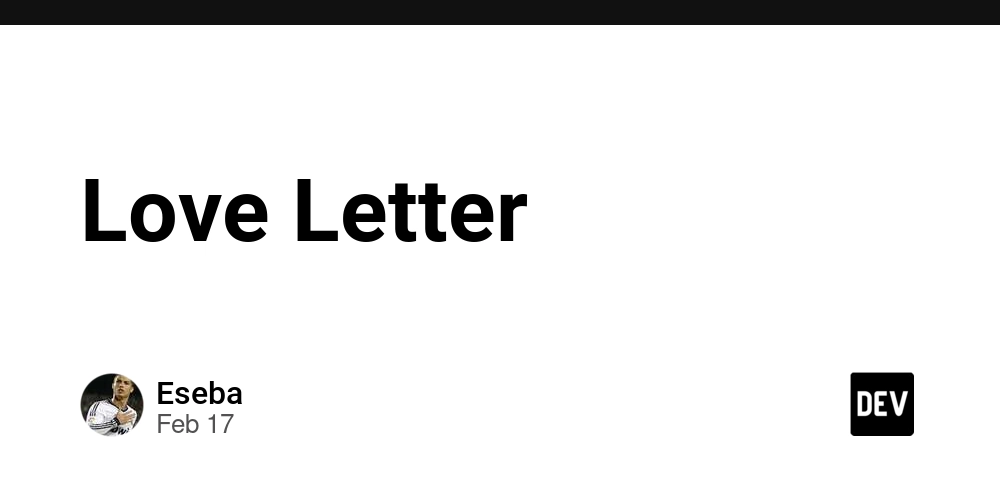The Philosophy Behind JSON: Simplicity, Universality, and Adaptability
Introduction JSON (JavaScript Object Notation) is more than just a data exchange format—it's a philosophical approach to structuring and sharing information. Originally introduced by Douglas Crockford in the early 2000s, JSON has become the universal language of data for APIs, databases, and web applications. But why did JSON succeed where XML and other formats struggled? The answer lies in its philosophical foundations—rooted in minimalism, practicality, universality, hierarchy, convention over configuration, and evolutionary adaptability. 1. Minimalism: "Less is More" JSON embodies minimalism by stripping away unnecessary complexity. Unlike XML, which relies on verbose opening and closing tags, JSON uses a lightweight syntax consisting of just {}, [], :, and ,.
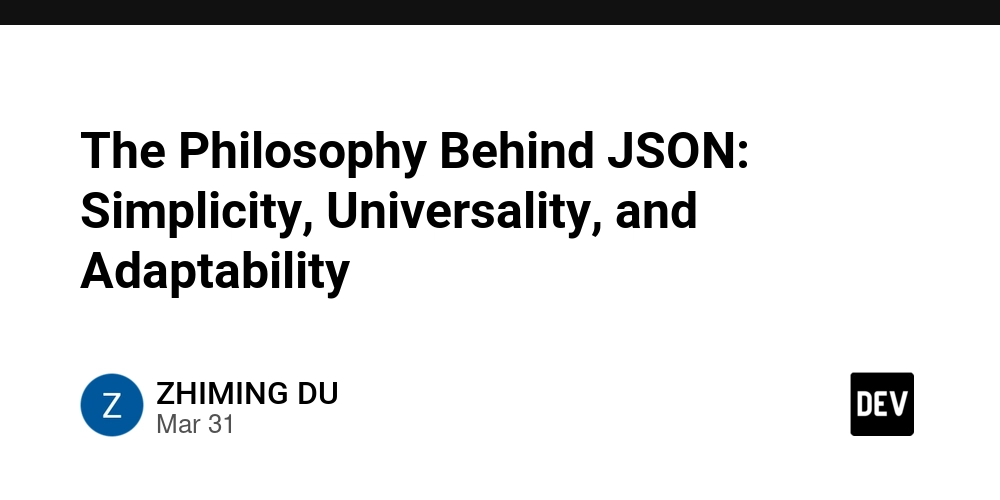
Introduction
JSON (JavaScript Object Notation) is more than just a data exchange format—it's a philosophical approach to structuring and sharing information. Originally introduced by Douglas Crockford in the early 2000s, JSON has become the universal language of data for APIs, databases, and web applications.
But why did JSON succeed where XML and other formats struggled? The answer lies in its philosophical foundations—rooted in minimalism, practicality, universality, hierarchy, convention over configuration, and evolutionary adaptability.
1. Minimalism: "Less is More"
JSON embodies minimalism by stripping away unnecessary complexity. Unlike XML, which relies on verbose opening and closing tags, JSON uses a lightweight syntax consisting of just {}, [], :, and ,.












































































































































































![[The AI Show Episode 142]: ChatGPT’s New Image Generator, Studio Ghibli Craze and Backlash, Gemini 2.5, OpenAI Academy, 4o Updates, Vibe Marketing & xAI Acquires X](https://www.marketingaiinstitute.com/hubfs/ep%20142%20cover.png)














































































































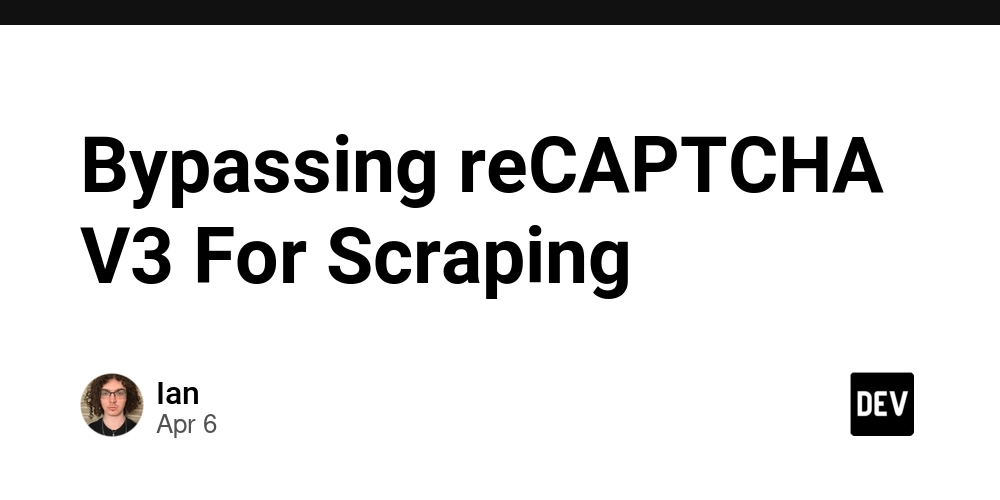


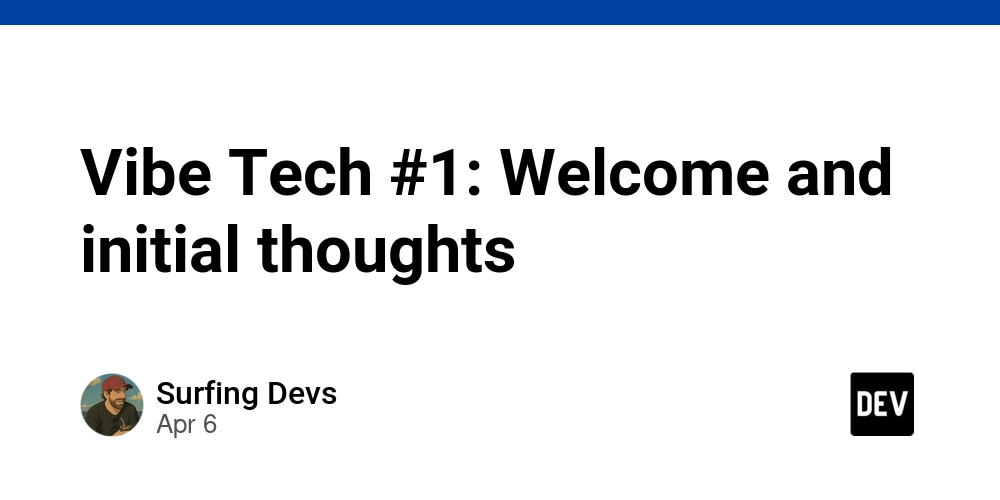









![[DEALS] The Premium Learn to Code Certification Bundle (97% off) & Other Deals Up To 98% Off – Offers End Soon!](https://www.javacodegeeks.com/wp-content/uploads/2012/12/jcg-logo.jpg)


![From drop-out to software architect with Jason Lengstorf [Podcast #167]](https://cdn.hashnode.com/res/hashnode/image/upload/v1743796461357/f3d19cd7-e6f5-4d7c-8bfc-eb974bc8da68.png?#)









































































































.png?#)

































_Christophe_Coat_Alamy.jpg?#)
 (1).webp?#)




































































































![iPhone 17 Pro Won't Feature Two-Toned Back [Gurman]](https://www.iclarified.com/images/news/96944/96944/96944-640.jpg)
![Tariffs Threaten Apple's $999 iPhone Price Point in the U.S. [Gurman]](https://www.iclarified.com/images/news/96943/96943/96943-640.jpg)





















































